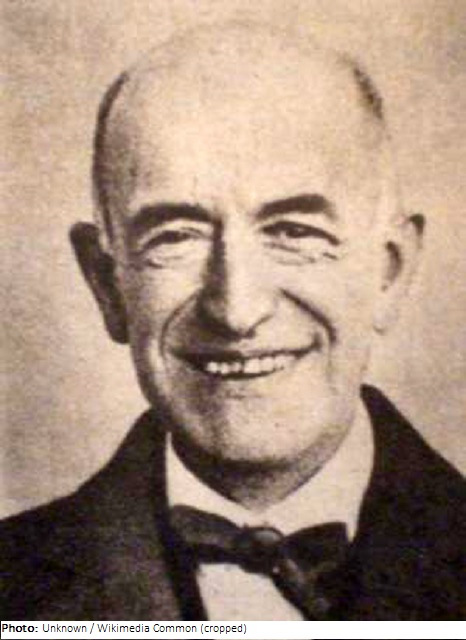
| Roles | Referee |
|---|---|
| Sex | Male |
| Full name | Manuel María•de los Dolores Falla y Matheu |
| Used name | Manuel•de Falla |
| Born | 23 November 1876 in Cádiz, Cádiz (ESP) |
| Died | 14 November 1946 (aged 69 years 11 months 21 days) in Alta Gracia, Córdoba (ARG) |
| NOC |  Spain Spain |
The great Spanish composer Manuel de Falla learned piano from his mother; after further lessons in harmony, counterpoint, and composition, he went to Madrid, where he studied piano and composition at the Conservatory. He wrote several zarzuelas, light pieces for musical theater, but only one of them was staged.
De Falla had his breakthrough as a composer with his opera La vida breve (Life is Short). This work earned him the prize of the Royal Academy in Madrid in 1905, but it was not premiered until eight years later. In 1905 he also won an important prize for pianists. Two years later, he went to Paris, where became friends with Claude Debussy (1862-1918), Paul Dukas and Maurice Ravel, who encouraged him as a composer. Under their influence, he adopted the principles of Impressionism, but without abandoning his personal and national style.
In 1914 de Falla returned to Spain and created his impressive ballet El amor brujo (The love spell, first performed in 1915). In Granada he completed work on his ballet El sombrero de tres picos (The Three-Cornered Hat) and eventually settled there in 1920.
De Falla’s art was rooted both in the folk songs of Spain and in the historical traditions of Spanish music. Until 1919, his works were mainly written in the Andalusian style, and his instrumental technique was often marked by effects peculiar to the Spanish national instrument, the guitar. De Falla turned to the classical tradition of Spanish (especially Castilian) music with his puppet opera El retablo de maese Pedro (Master Peter’s Puppet Show, 1919-22) and, for example, in his Harpsichord Concerto (1923-26).
De Falla declined the appointment as president of the Instituto de Espana in 1938. After Franco’s victory in the Civil War and the outbreak of World War 2, he left Spain, never to return to his homeland. He went to Buenos Aires, where he gave concerts with his music. He then retired to the small town of Alta Gracia, where he lived the last years of his life in seclusion, working on his great scenic cantata Atlántida. Because of his increasingly deteriorating health, with intermittent paralysis, it remained unfinished until his death, and was later completed by one of his former students, Ernesto Halffter (1905–1989).
| Games | Sport (Discipline) / Event | NOC / Team | Phase | Unit | Role | As | |
|---|---|---|---|---|---|---|---|
| 1924 Summer Olympics | Art Competitions |  ESP ESP |
Manuel de Falla | ||||
| Music, Open (Olympic) | Final Standings | Judge |